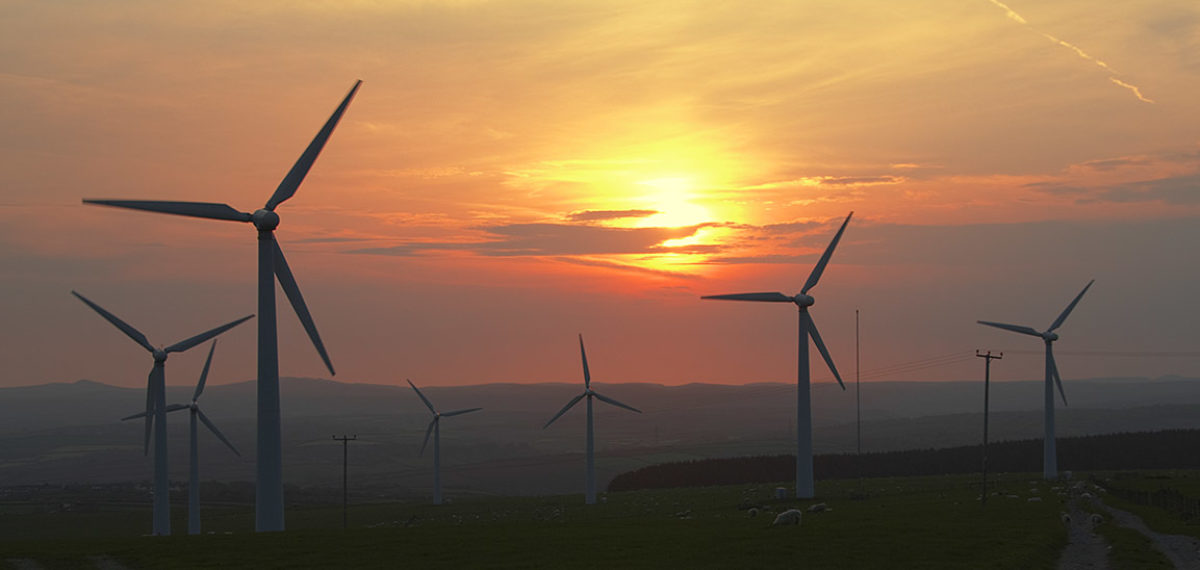What is really most significant about the Government’s new announcement for £137 million funding for research into so-called small modular reactors (SMRs), is the failure to move forward with plans to finance Sizewell C. This latest nonsense about SMRs can best be seen as a cover for this lack of movement.
The Government and EDF have both taken small part shares in the Sizewell C project. Most people know that the project cannot move forward unless the Government takes more or less the rest of the equity (with maybe EDF making a token extra small gesture). However the Treasury does not like this since then the Government (read taxpayer/electricity consumer) will be mainly on the hook for the inevitable massive cost overruns that will result.
So the Government continues to go through the motions of encouraging private investment in the project that will never occur. The consultants who advise the pension funds etc on whether such an investment is a good thing feel obliged to live in the real world and tell them that this would be a terrible idea. Only action from the Prime Minister can force the Treasury’s hand, but evidently, the PM feels that this can wait to be implemented after the General Election.
Meanwhile, in the real world, as many people have always known but did not want to say, Hinkley C’s construction becomes later and later and more and more incredibly ruinous for EDF. The Chief Finance Officer of EDF resigned when the company gave the final go-ahead for the project in 2016, fearing that it would become the financial disaster that it has now become. But then maybe people always knew that the French Government would end up paying for the project. As in the UK, the British Government will end up paying for the horrendous costs and incredibly late delivery of Sizewell C, albeit passed on to consumer energy bills.
The French, whose electricity system is collapsing because of nuclear power failure have even abandoned any hope in the EPR design that is being planned for Sizewell C (and which is sinking slowly into the Hinkley mud). They now want a simpler design. But we are still plodding on with the old EPR design for Sizewell C.
Meanwhile the Government distracts people’s gaze with fantasy announcements about small modular reactors. They are throwing good money in the direction of bad technologies (high-temperature reactors, molten salt reactors) that were discarded around 60 years ago. Little will happen as a result of this research. Apparently, according to the press release, investments of £20 billion are to follow. Really? On which planet is this happening? Not this one for sure, and certainly not budgeted by the Treasury.
Meanwhile, news about the (rather large) so-called small modular reactors that Rolls Royce was planning has petered out. The Government were supposed to be producing hundreds of millions of pounds to push that boat along. However this earlier (now apparently no longer operative) piece of nuclear fantasy has seemed to disappear to be replaced by a brand new fantasy-packed press release from the Government this very morning.
I never fail to be surprised by how gullible people are when faced by these press releases from the Government when they talk about nuclear power. People obviously have a mixture of very short memories and a huge appetite for wanting to believe wishful thinking about nuclear power.
But the sad thing is that when (let’s assume) Keir Starmer comes in as Prime Minister he will have these fantasy nuclear plans stacked on his desk, or pushed that way by an unwilling Chancellor. How will he deal with them? By pushing much of the funding for otherwise sensible green energy investments into a (Sizerwell C) nuclear black hole?
By David Toke
Read about the 100%RenewableUK energy model and how it compares to the Government’s net zero plan. 100%RE gives lower emissions for much lower overall cost! Our new report concludes that a 100% renewable energy mix for the UK would save well over £100bn in achieving net zero by 2050, compared to the UK Government’s current strategy. It would also mean more than 20% lower cumulative carbon emissions in the process. The study, carried out by renowned energy modelling academics at LUT University in Finland, involves hour-by-hour simulation of different scenarios for reaching net zero for UK energy systems. Click HERE for more information, including links to the report itself and accompanying material
You can see the youtube recording of our seminar on 100percent renewable energy for the UK held in London on April 22nd HERE
